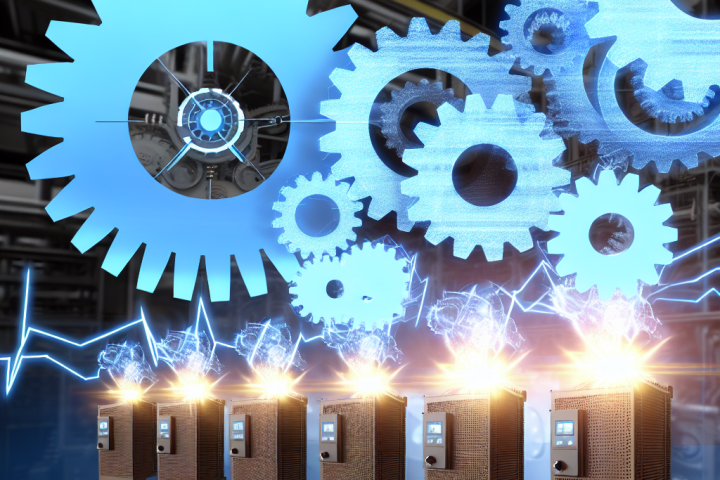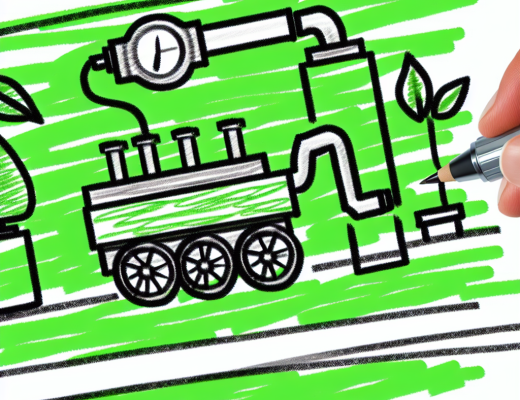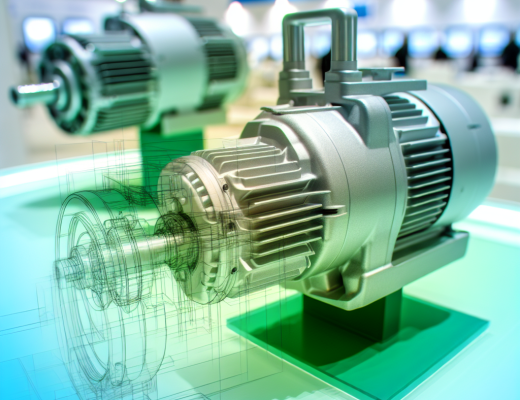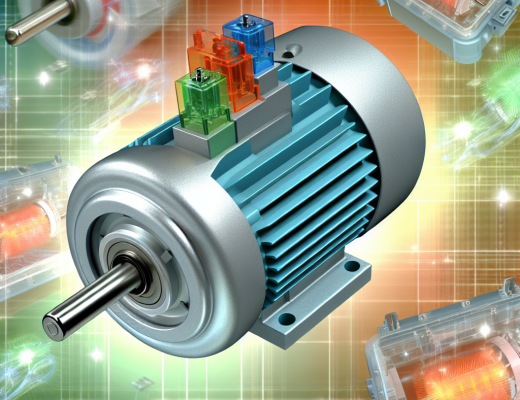In industries where precision and efficiency are paramount, the introduction of technology like Frequency converters has revolutionized operations. These devices allow for the meticulous control of motor speeds, adapting performance to the specific needs of various applications, from manufacturing lines to HVAC systems. By modifying the frequency of the electricity supplied to motors, these converters optimize the operation of electrical equipment to save energy and reduce wear and tear on machinery.
Key Benefits of Implementing Frequency Converters
The use of frequency converters brings multiple benefits to industrial environments. Not only do they facilitate greater control over machinery, enhancing operational flexibility and productivity, but they also contribute to significant energy conservation. By adjusting motor speeds to match load requirements, these converters ensure that no excessive electricity is wasted. This capability is crucial for companies looking to reduce their operational costs and impact on the environment.
Furthermore, frequency converters can extend the lifespan of machinery by reducing mechanical stress during operation. This means less maintenance, fewer breakdowns, and lower replacement costs over time. Industries that deploy these converters, such as those procured from VYBO Electric, experience smoother operations with optimized performance metrics across their production facilities. The adoption of such technologies not only boosts short-term productivity but also supports long-term sustainability objectives, rendering them essential in the modern industrial toolkit.
In summary, frequency converters play a vital role in enhancing industrial efficiency, reliability, and sustainability. As industries continue to focus on greener operations and reduced energy consumption, the importance of incorporating advanced technological solutions like frequency converters will only increase.




